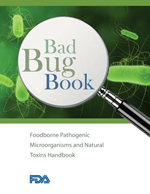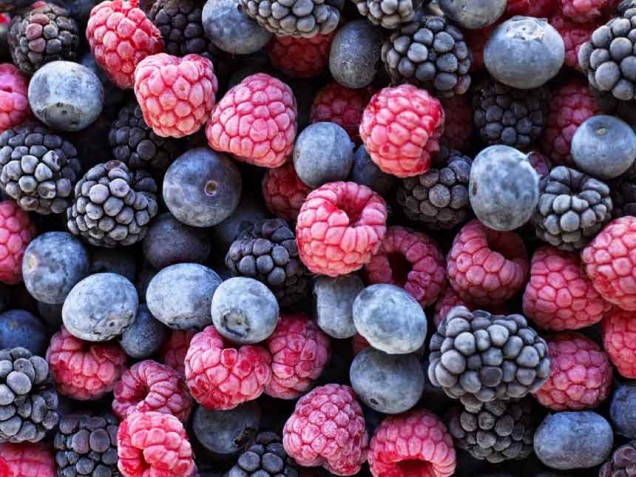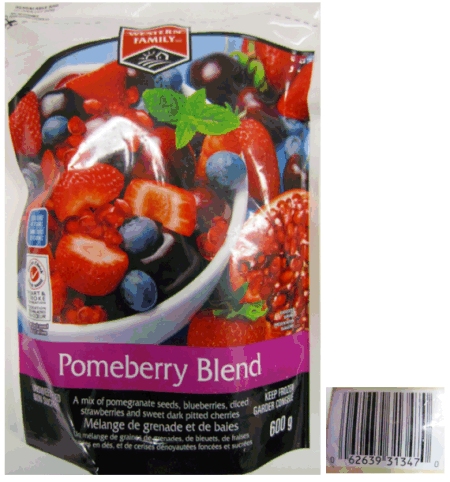Don’t touch that turtle! Don’t touch that one either! And stop touching yourself!
Second City TV: great or greatest show ever?
But good advice for those who want to hang around raw food and live animals of various kinds. Bacteria  happen. Biology happens. “It’s not a deal, nor a test nor a love of something fated.”
happen. Biology happens. “It’s not a deal, nor a test nor a love of something fated.”
I don’t like sushi; pet turtles traumatized me as a child.
Turtles were inexpensive, popular, and low maintenance, with an array of groovy pre-molded plastic housing designs to choose from. Invariably they would escape, only to be found days later behind the couch along with the skeleton of the class bunny my younger sister brought home from kindergarten one weekend. Maybe I got sick from my turtle.
Maybe I picked up my turtle, rolled around on the carpet with it, pet it a bit, and then stuck my finger in my mouth. Maybe in my emotionally vacant adolescence I kissed my turtle. Who can remember?
 The U.S. Centers for Disease Control reports there are now 72 confirmed cases of people, primarily kids, infected with outbreak strains of Salmonella Sandiego, Salmonella Pomona, and Salmonella Poona in 17 states, up from 66.
The U.S. Centers for Disease Control reports there are now 72 confirmed cases of people, primarily kids, infected with outbreak strains of Salmonella Sandiego, Salmonella Pomona, and Salmonella Poona in 17 states, up from 66.
Results of the epidemiologic and environmental investigations indicate exposure to turtles or their environments (e.g., water from a turtle habitat) is the cause of these outbreaks.
Small turtles (shell length less than 4 inches) were reported by 92% of cases.
Forty-three percent of ill persons with small turtles reported purchasing the turtles from street vendors.
Turtles with a shell length of less than 4 inches in size should not be purchased or given as gifts.
 And in sushi land, there are now 100 persons infected with the outbreak strain of Salmonella Bareilly from 19 states and the District of Columbia, up from 93.
And in sushi land, there are now 100 persons infected with the outbreak strain of Salmonella Bareilly from 19 states and the District of Columbia, up from 93.
The investigation has not conclusively identified a food source.
The investigation is ongoing into individual food items and their sources.



 happen. Biology happens. “It’s not a deal, nor a test nor a love of something fated.”
happen. Biology happens. “It’s not a deal, nor a test nor a love of something fated.” The U.S. Centers for Disease Control reports
The U.S. Centers for Disease Control reports And in sushi land
And in sushi land
 (on Cronobacter, Enterococcus, Francisella tularensis, phytohaemagglutinin, and venomous fish).
(on Cronobacter, Enterococcus, Francisella tularensis, phytohaemagglutinin, and venomous fish). as well.
as well. Pomeberry product and an investigation is ongoing. This product has been distributed through Save-On-Foods and Overwaitea.
Pomeberry product and an investigation is ongoing. This product has been distributed through Save-On-Foods and Overwaitea.
.jpeg) businesses who choose not to comply with this legal requirement. With the long weekend upon us, food businesses are going to be under more pressure than usual. … There’s no excuse for ignorance of the legal food safety and hygiene requirements.”
businesses who choose not to comply with this legal requirement. With the long weekend upon us, food businesses are going to be under more pressure than usual. … There’s no excuse for ignorance of the legal food safety and hygiene requirements.” safety assessments more readily accessible to the public.
safety assessments more readily accessible to the public.